16 Countries Making Tourism Tougher — And 3 Ways To Navigate The New Rules
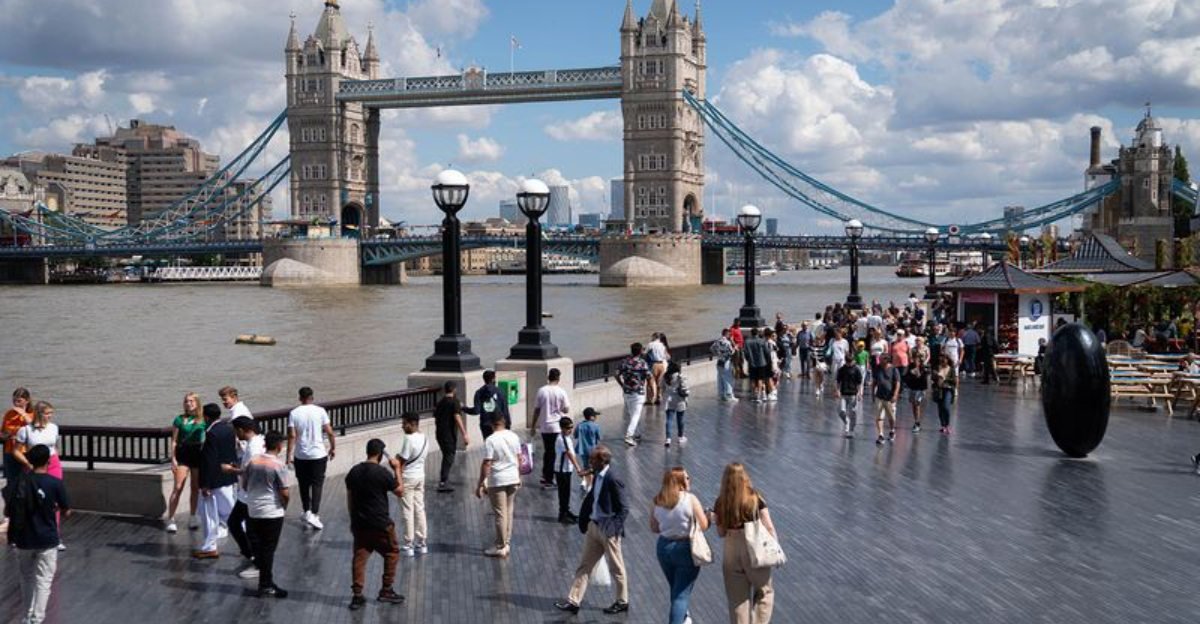
The travel landscape is shifting, and staying informed has never been more important. Around the world, governments are rolling out new regulations—think tourist caps, reservation systems, daily entrance fees, and even outright bans on certain activities.
While these changes are often necessary to preserve cultural landmarks and fragile ecosystems, they can easily throw a wrench in your vacation plans if you’re not prepared. So before you hit that “book now” button, here’s what you need to know about the evolving rules that could affect your next big adventure.
Have you checked your destination’s new policies lately?
1. United Kingdom ETA Requirement
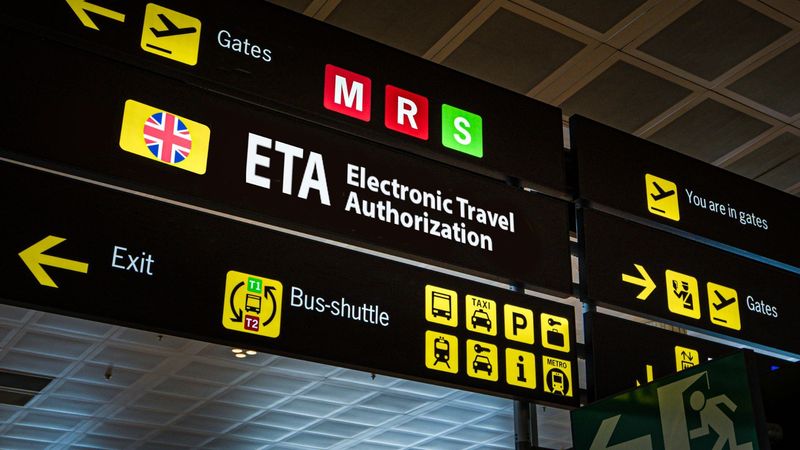
Starting in 2024, visitors to the UK will need an Electronic Travel Authorization (ETA) before arrival. This new digital permit applies even to travelers who don’t currently need visas, including Americans and Europeans.
The application process requires personal information, passport details, and a small fee. Officials claim the system will strengthen border security and better track who enters and leaves the country.
Travelers should expect processing times of up to 72 hours, so applying well before your trip is essential. The authorization will be valid for multiple visits over a two-year period.
2. Spain Ends Golden Visa

Spain recently scrapped its popular Golden Visa program that offered residency to foreigners investing at least €500,000 in Spanish real estate. The government made this decision to cool down the overheated housing market affecting local residents.
Foreign buyers had driven property prices sky-high in cities like Barcelona and Madrid, making homes unaffordable for many Spaniards. The change marks a significant shift in Spain’s approach to foreign investment and immigration.
Wealthy non-EU citizens must now explore alternative pathways to Spanish residency through employment, family connections, or other investment routes not tied to real estate.
3. Apply Early for Authorizations (Navigation Tip)
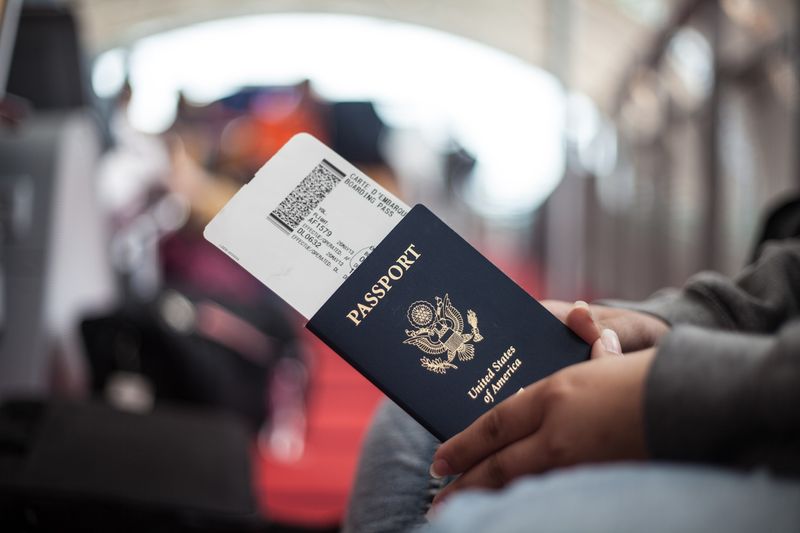
Securing travel authorizations early can save a lot of stress and last-minute chaos. Many countries now require digital visas or other pre-clearances weeks in advance.
This proactive step ensures you have ample time to complete the process and address any potential issues. Waiting too long might lead to unexpected delays or even trip cancellations.
By planning ahead, you can focus on the excitement of your journey rather than bureaucratic hurdles. Always check the specific requirements for your destination and allocate sufficient time to gather and submit all necessary documentation.
4. Italy’s New Citizenship Rules

Those seeking Italian citizenship through ancestry now face tougher requirements, with the government demanding detailed proof like certified birth, marriage, and death certificates.
Wait times have stretched from months to years in many consulates. Additionally, applicants must now demonstrate basic Italian language proficiency through a formal test.
Some Italian communes have also introduced residency verification checks to prevent people from claiming false addresses. These changes reflect Italy’s effort to ensure only those with genuine ties to the country can claim citizenship.
5. France’s Increased Tourist Taxes

In the lead-up to the 2024 Paris Olympics, France has sharply increased its tourist tax, with hotel guests in Paris now paying up to €15 per night in high-end stays.
The increased revenue aims to fund infrastructure improvements and manage the massive influx of Olympic tourists. Many smaller French cities have followed Paris’s lead, implementing their own tax hikes.
Budget travelers should note that the tax varies by accommodation type, with hostels and campsites charging lower rates. This progressive system ensures luxury travelers contribute more to local services than budget-conscious visitors.
6. Japan’s Higher Accommodation Fees
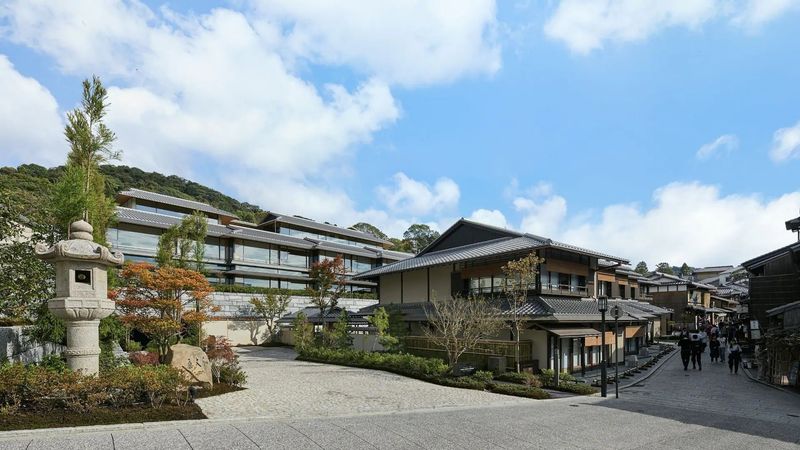
In response to a surge in post-pandemic tourism, Japan has rolled out a nationwide accommodation tax, with nightly fees ranging from ¥1,000 to ¥2,000 based on room price.
This comes alongside stricter enforcement of existing rules, including proper registration of all foreign guests. Many traditional ryokans and minshuku guesthouses that previously operated informally must now comply with formal taxation.
The revenue supports preservation of cultural sites, improved tourist infrastructure, and environmental initiatives. Savvy travelers can minimize these costs by choosing accommodations just outside major tourist hubs.
7. Australia’s Stricter Entry Policies
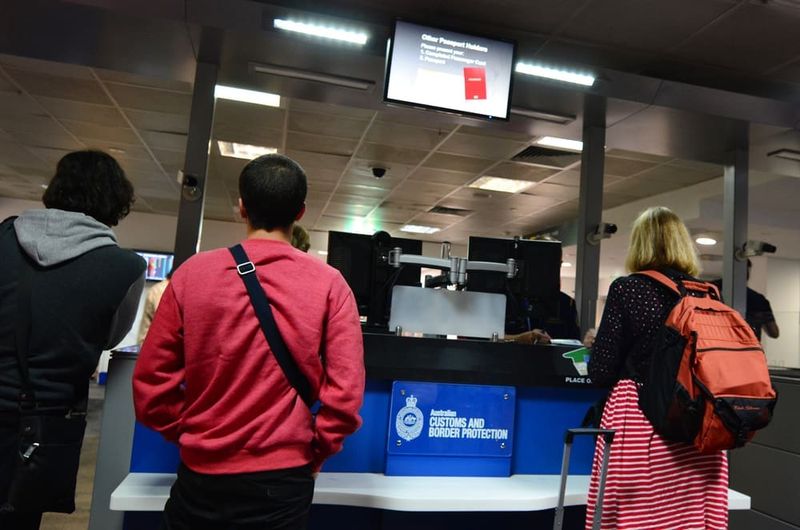
To protect its ecosystem, Australia has tightened biosecurity rules, with fines reaching AUD$2,664 for travelers who fail to declare prohibited or even overlooked items.
The electronic Passenger Declaration form must now be completed 72 hours before departure, replacing the paper cards previously filled out on flights. Border officials have also increased random phone and device checks, searching for content that violates Australian laws.
Working holiday visa applicants face stricter financial requirements, needing to show at least AUD$5,000 in available funds. These measures aim to protect Australia’s unique ecosystem and ensure visitors can support themselves.
8. Venice’s Day-Tripper Charges
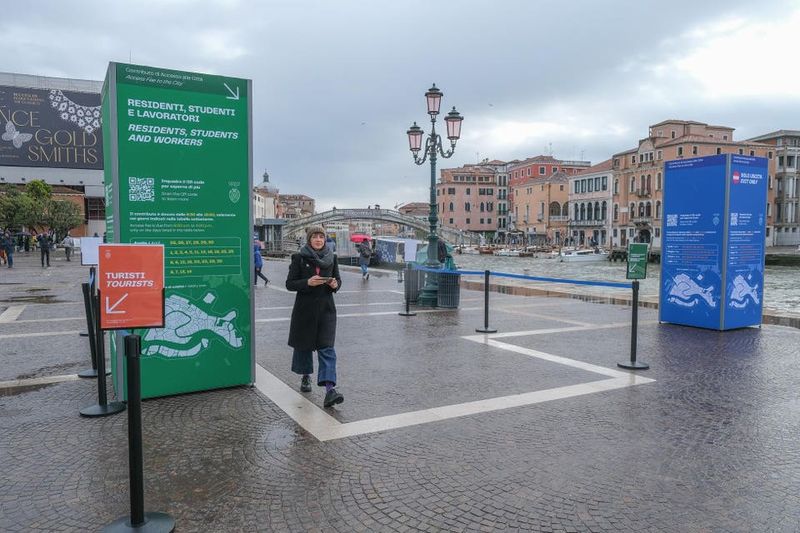
Venice finally implemented its long-discussed entry fee for day visitors in 2023. Tourists not staying overnight must pay €5-10 to enter the historic center during peak periods, with the fee varying based on expected crowd levels.
The system works through a mobile app where visitors must register and pay before arrival. Spot checks are conducted throughout the city, with fines of €50-300 for those caught without a valid pass.
Exemptions exist for overnight hotel guests (who already pay accommodation tax), residents, students, and certain workers. This pioneering approach aims to manage overtourism in one of the world’s most fragile and overcrowded historic cities.
9. Prepare for Biometric Checks (Navigation Tip)

Biometric checks have become increasingly common, offering enhanced security but requiring travelers to prepare in advance. Ensuring your documents are up-to-date and compatible with biometric systems is essential.
Familiarize yourself with how these systems work to reduce anxiety and speed up the process. Airports often have special lanes for biometric checks, allowing for quicker passage.
Understanding and embracing these technological advancements can make travel smoother and more efficient. Keep an eye out for airports offering biometric options and plan accordingly for seamless travel.
10. Amsterdam’s Hotel Construction Ban

Under its new “Amsterdam has choices” policy, the city has banned new hotel construction in most districts and blocked the expansion or conversion of existing properties into tourist lodgings.
The city government aims to cap tourist numbers at 20 million annually to preserve local quality of life. This follows years of tension between residents and the tourism industry over noise, crowding, and housing affordability.
Limited exceptions exist only for innovative, sustainable hotel concepts that demonstrably add cultural value to neighborhoods. Finding accommodations will become increasingly difficult and expensive as demand continues to outpace the frozen supply.
11. Barcelona’s Short-Term Rental Limits
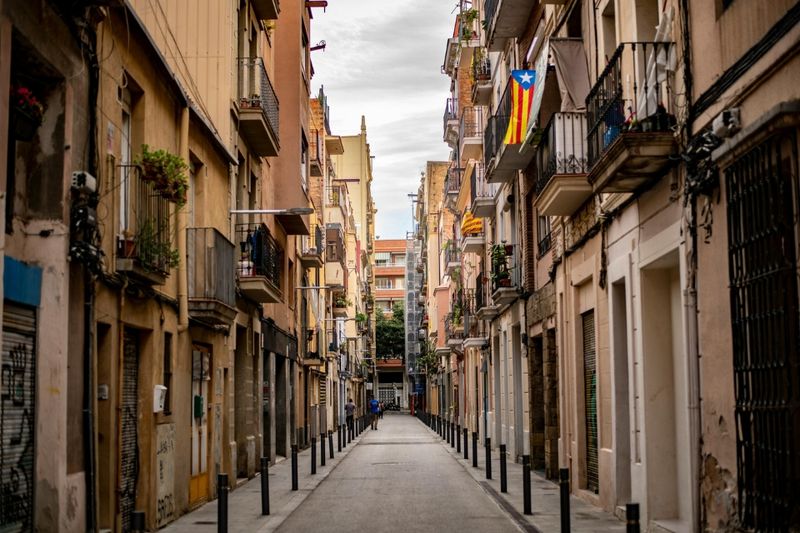
In a sweeping move against overtourism, Barcelona will phase out every short-term rental license by 2028—effectively banning platforms like Airbnb.
The city has already stopped issuing new permits and intensified inspections of existing rentals. Fines for illegal listings have increased to €60,000, with hosts facing additional tax penalties.
Tourist accommodation will eventually be restricted to licensed hotels and hostels only. This policy represents one of Europe’s strongest responses to tourism’s impact on housing markets and reflects growing frustration among residents priced out of their own neighborhoods.
12. Greece’s Acropolis Visitor Cap

To protect one of its most iconic landmarks, Greece now limits Acropolis visits to 4,000 people per day, a significant reduction compared to prior crowd sizes.
The new system requires advance online booking with a specific entry time. Visitors arriving outside their designated slot may be denied entry, even with a valid ticket.
Summer months sell out weeks in advance, forcing spontaneous travelers to choose less popular early morning or late afternoon times. The changes aim to protect the ancient monument from physical damage and improve the visitor experience by reducing overcrowding.
13. Nepal’s Everest Permit Fee Hike
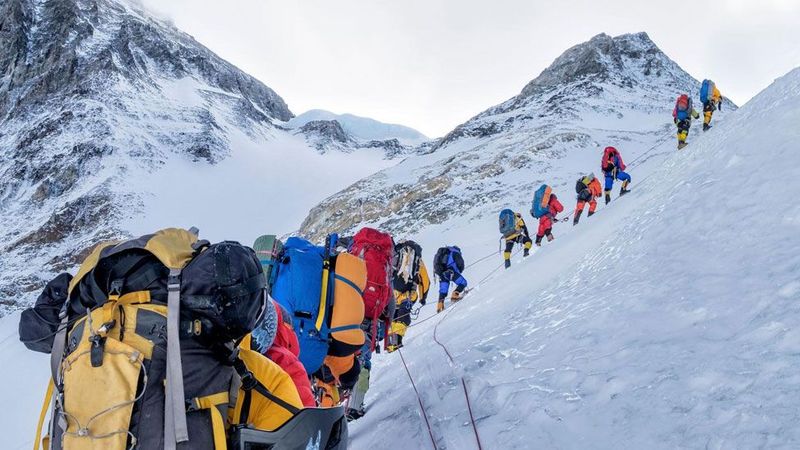
Following a series of tragic incidents on Everest, Nepal raised its climbing permit fee to $11,000, aiming to limit traffic and fund better safety measures.
Climbers must now also prove previous high-altitude mountaineering experience and undergo mandatory health screenings. Insurance requirements have increased to $30,000 minimum coverage for emergency evacuation.
The government has additionally implemented a quota system limiting the total number of permits issued each season. These measures collectively represent Nepal’s effort to transition from mass tourism to higher-value, lower-impact adventure travel.
14. Bali’s New Tourist Levy

All foreign travelers to Bali must now pay a flat tourist tax, set at 150,000 rupiah (around $10), charged once upon arrival at airports or seaports.
Revenue from the “Bali Development and Environmental Support Fee” funds cultural preservation, environmental cleanup, and infrastructure improvements. The island has struggled with waste management as tourism numbers rebounded post-pandemic.
Payment must be made through the “Love Bali” digital platform, creating an additional step for travelers. Indonesian officials indicate this model may expand to other tourism hotspots across the archipelago if successful in Bali.
15. Use Trusted Travel Agencies (Navigation Tip)

Navigating the complex world of international travel is easier with expert guidance. Trusted travel agencies offer invaluable insight and support, especially when rules change frequently.
They can provide updated information on visa requirements, accommodation options, and local regulations. This assistance can be a real time-saver and help avoid costly mistakes.
Engaging a reputable agency ensures peace of mind, allowing travelers to enjoy their trip without worrying about unexpected rule changes. Choose an agency with a strong track record and positive reviews to ensure a smooth travel experience.
16. Kyoto’s Raised Accommodation Tax

Kyoto tripled its accommodation tax in response to overtourism concerns in Japan’s cultural capital. Visitors now pay 1,000 yen (about $7) per night for rooms costing over 20,000 yen and 500 yen for cheaper stays.
The city has also banned photography in certain geisha districts following complaints about harassment of maiko (apprentice geisha) by tourists seeking photos. Private alleys and traditional tea houses now display “no photography” signs with potential fines for violations.
Additionally, popular temples have introduced advance reservation requirements for peak cherry blossom and autumn foliage seasons. These combined measures aim to preserve Kyoto’s traditional atmosphere and cultural practices.
17. Edinburgh’s 5% Tourist Tax

Travelers staying in Edinburgh will now pay more, as the city rolls out a 5% accommodation tax—the first of its kind in the UK—applying to hotels, B&Bs, and short-term rentals.
City officials expect to raise £15 million annually to fund tourism infrastructure and alleviate pressure on public services during massive events like the Edinburgh Festival and Hogmanay celebrations. The tax applies per room rather than per person, making it relatively more affordable for families or groups sharing accommodations.
Hotels must clearly display this charge separately on bills, preventing hidden fees. Similar schemes are under consideration in other UK tourism hotspots like Bath and Oxford.
18. Mount Fuji’s Increased Hiking Fees
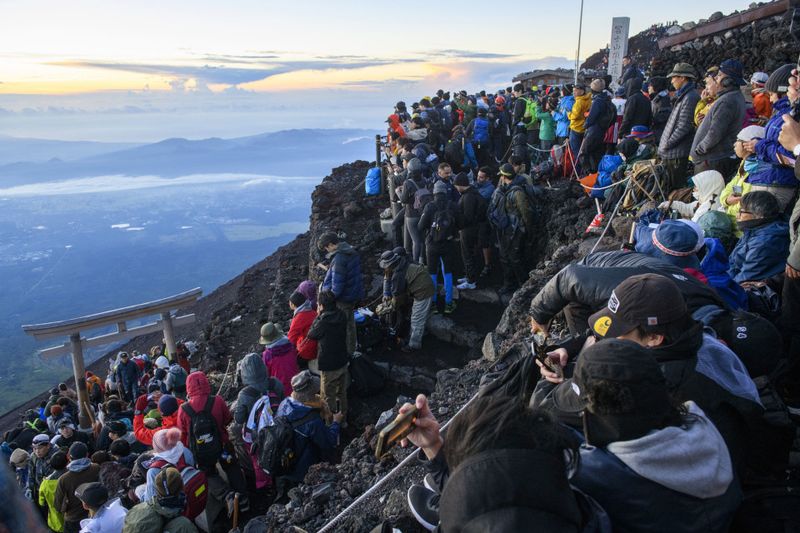
Japan’s iconic Mount Fuji now charges hikers 2,000 yen (about $13) to access the mountain—double the previous fee. The increase follows concerns about trail degradation and safety issues from the 200,000+ annual climbers.
Overnight climbers face additional charges at mountain huts, which have raised prices by 30% on average. Advance reservations are now mandatory for these huts during the July-September climbing season, with no exceptions for walk-ins.
Officials have also implemented daily climbing limits on certain trails and mandatory check-in/check-out procedures to track hikers. These measures aim to preserve Japan’s most famous natural landmark while improving safety for the many inexperienced hikers attempting the climb.
19. Maldives’ Environmental Protection Measures

To address climate threats and protect its fragile ecosystem, the Maldives has doubled its nightly Green Tax, now charging tourists $12 per person across all accommodations.
New regulations also ban single-use plastics at resorts and require water conservation measures. Visitors must now complete an environmental awareness course online before checking into accommodations.
Some atolls have introduced visitor caps with limited daily permits for popular dive sites and marine protected areas. These comprehensive measures reflect the Maldives’ existential struggle with climate change while maintaining tourism as its economic lifeblood.
